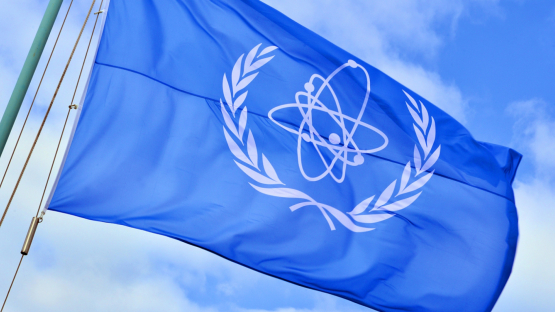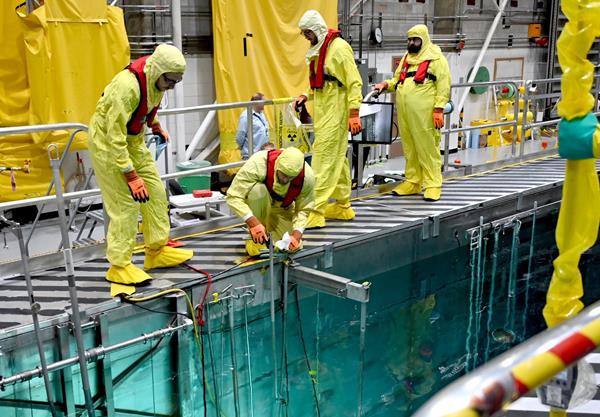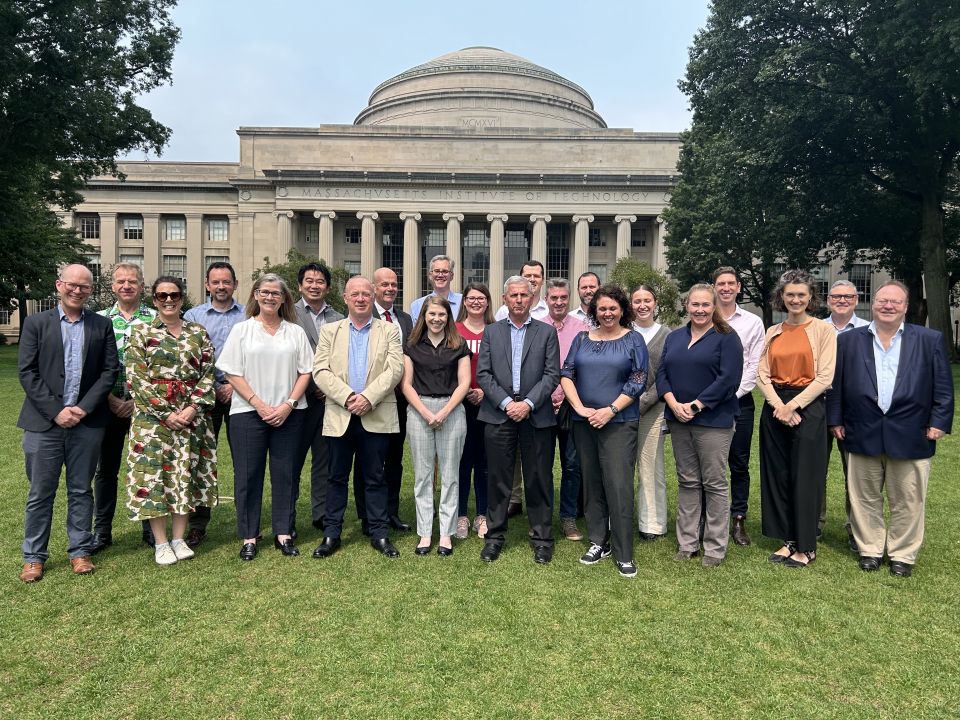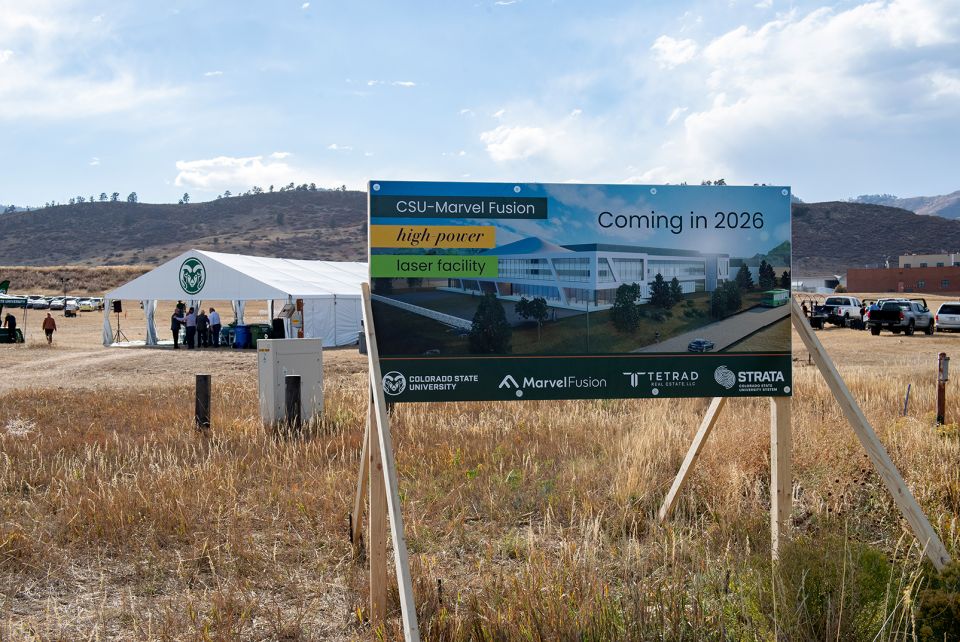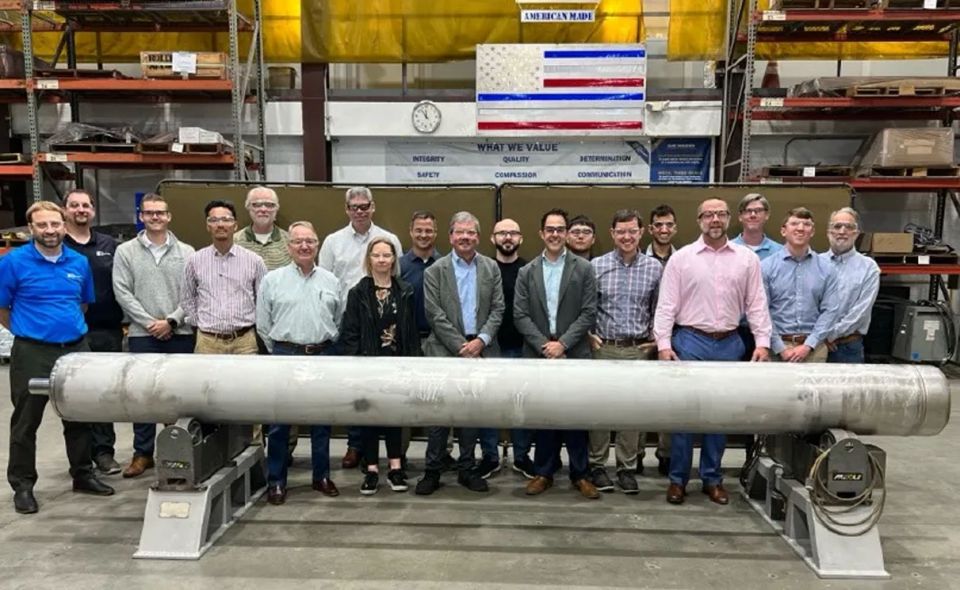With $3.4 billion to spend, the DOE opens RFP for low-enriched uranium
The Department of Energy released an anticipated request for proposals on June 27 for low-enriched uranium enrichment. “Today’s action will help spur the safe and responsible build-out of uranium enrichment capacity in the United States, promote diversity in the market, and provide a reliable supply of commercial nuclear fuel to support the energy security and resilience of the American people and domestic industries, free from Russian influence,” the DOE declared.
According to the announcement, the DOE plans to award two or more contracts, which will last for up to 10 years. The RFP states that “the cost/price range of each [delivery/task order] could vary significantly; however, the overall contract ceiling is $3.4 billion.” Respondents have until 5:00 p.m. (EDT) on August 26 to submit a proposal.
“DOE is helping jumpstart uranium enrichment capacity here in the United States, which is critical to strengthening our national security and growing our domestic nuclear industry,” said energy secretary Jennifer Granholm. “Today’s announcement underscores America’s commitment to remaining the global leader in nuclear energy for generations to come.”
Domestic sourcing: The DOE wants to buy LEU generated by new sources of domestic uranium enrichment capacity, which can include new enrichment facilities or projects to expand the capacity of existing facilities. (The only LEU enrichment facility currently operating in the United States is operated by Urenco USA in Eunice, N.M.) Until it is sold, the DOE-owned LEU would be stored, under contract, by the enricher.
The RFP specifies that “enrichment of LEU and storage must occur in the continental United States. Although DOE prefers mining/milling and conversion also to occur in the United States, DOE will consider other countries within or outside North America that are allies or partners of the United States.” Similar preferences were stated in the final RFP for HALEU enrichment, released in January.
The feed uranium for enrichment to LEU UF6 must have been mined (including in situ mining) and converted, and not have come from a source that was recycled or reprocessed. The enrichment of uranium tails, however, will not be restricted, which is a plus for Global Laser Enrichment, which has the rights to enrich a “significant portion” of DOE-owned tails at a proposed facility in Paducah, Ky.
While enrichment services are front and center in the new LEU RFP, it also states that “this contract is expected to reinforce the resumption of conversion services domestically, as well as potentially create new uranium conversion capacity.”
LEU for LWRs: LEU produced under contract for the DOE “will meet the specifications for LEU fuel feedstock that is utilized by commercial light water reactors,” according to the RFP. The DOE intends to make the material available for purchase to the current fleet “as soon as required.”
The sale of LEU “is subject to reasonable compensation . . . taking into account the fair market value of the LEU,” and the DOE must, “to the maximum extent practicable . . . ensure that the use of domestic uranium utilized as a result of that program does not negatively affect the economic operation of nuclear reactors in the United States.”
The impetus: The Nuclear Fuel Security Act of 2023 directed the DOE “to support domestic production of low-enriched uranium . . . in a quantity determined by the Secretary, in consultation with U.S. nuclear energy companies, to be sufficient to address a reasonably anticipated supply disruption” and “to address gaps and deficiencies in the domestic production, conversion, enrichment, deconversion, and reduction of uranium by partnering with countries that are allies or partners of the United States if domestic options are not practicable.”
In May, Congress passed and President Biden signed the Prohibiting Russian Uranium Imports Act that established a ban on the import of LEU from Russia. That triggered the release of up to $2.72 billion that was shifted (in the Consolidated Appropriations Act of 2024) from previous nuclear energy appropriations in the Bipartisan Infrastructure Law for fiscal years 2022, 2023, and 2024.


